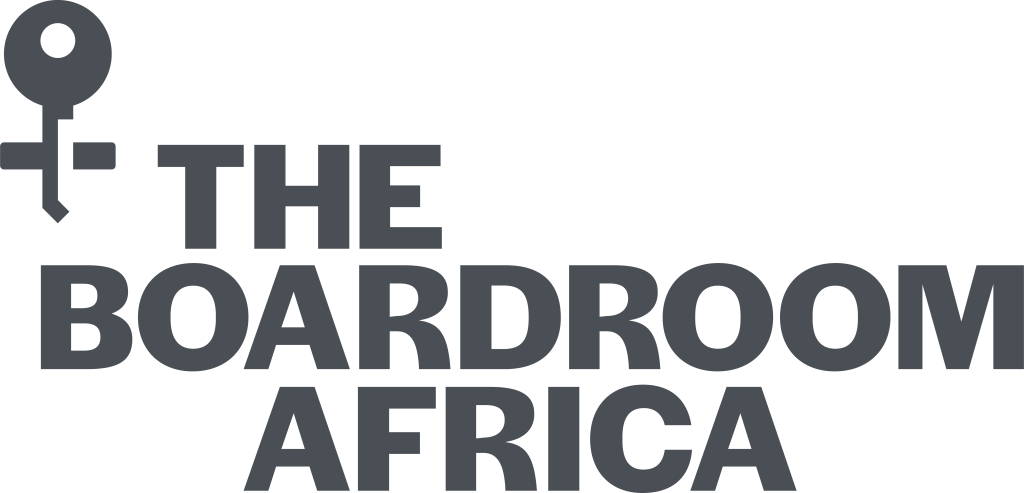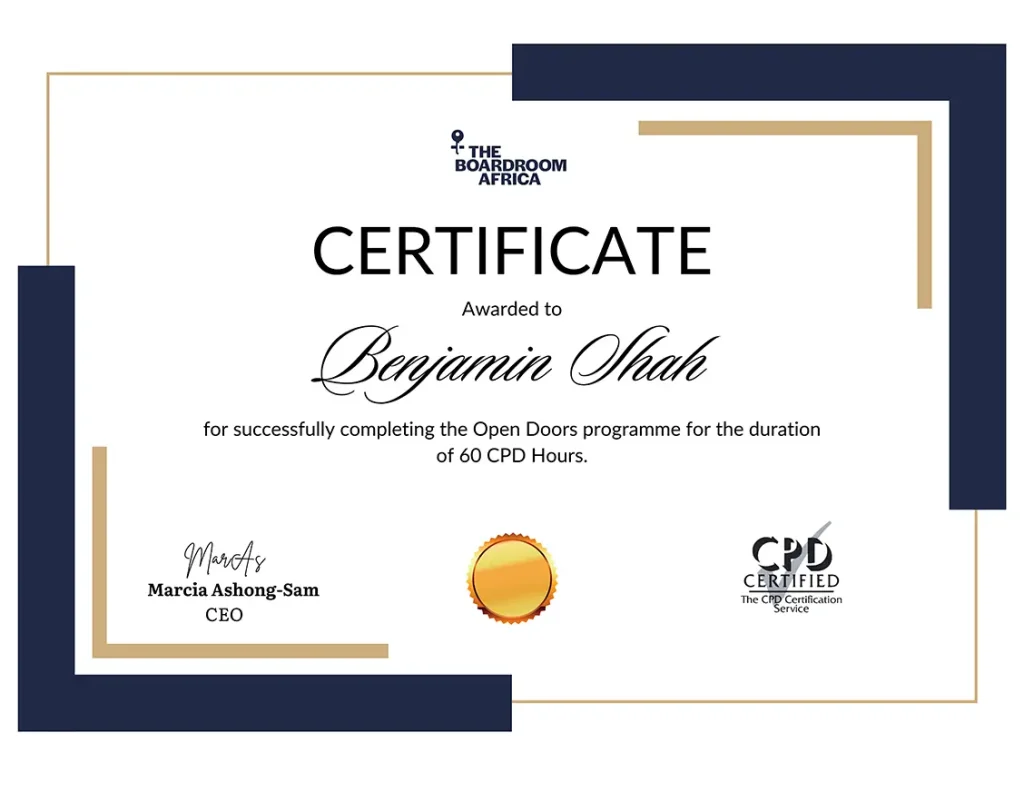Executive Education
Certificate in Modern Board Direction
The modern board director’s certificate programme
2025 sessions launching soon
- Home
- certificate in modern board direction
Our philosophy on modern governance: Navigating the future of board leadership
The “Certificate in Modern Board Direction” is designed to equip board directors and senior business leaders with the tools to navigate the evolving governance landscape. The tailored curriculum goes beyond the basics, equipping participants with the skills to deeply interrogate governance principles, challenge assumptions, and drive their organisations towards sustainable success. This is not just about fulfilling a role; it’s about shaping the future of modern governance amidst the fast-evolving role of the director while prioritising sustainable long-term value creation.
Course Topics
This programme is structured around four core segments, designed to comprehensively explore key governance themes and challenges. It is delivered through our cutting-edge education platform, TExEd, enabling us to provide flexibility to participants by blending live instruction with pre-recorded content and self-paced exercises.
Understanding the Board and Your Role as a Director
This segment covers the foundations of modern governance, tracing the evolution of the boardroom and the creation of the limited company. Participants will explore the core purpose and role of the board, gaining clarity on their individual responsibilities as directors. This module lays the groundwork for understanding how effective governance drives strategic decision-making and organisational success.
The Role of Finance in Driving Strategy
In this segment, participants will dive into financial oversight within the boardroom, emphasising the integration of finance and strategy. Topics include the board’s role in financial decision-making, balancing risk and reward, and the principles of effective financial reporting. This segment enhances participants’ ability to align financial governance with strategic objectives for greater organisational success.
Navigating the Board’s Dynamics
This segment explores the complexities of board dynamics, focusing on board composition, succession planning, and committee structures that align with long-term governance goals. Case studies and simulations will highlight key areas such as the Chair’s leadership, stakeholder engagement, and conflict resolution, offering practical insights into building a cohesive and effective boardroom.
The Evolving Modern Boardroom
The final segment addresses the evolving landscape of boardroom governance. Participants will explore the rising importance of ESG, regulatory frameworks, and risk management. This segment delves into the transformative effects of AI and technology, helping boards define their risk appetite and remain agile, compliant, and future-focused in a rapidly changing environment.
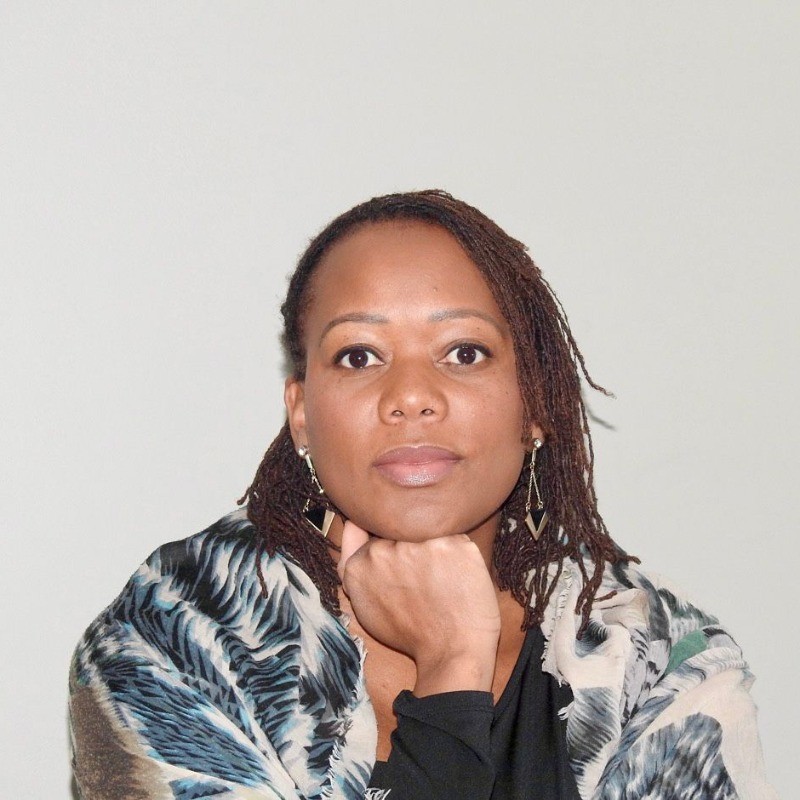
This training is not at all theoretical, and the value in that is learning from others’ experiences and trying to internalise what these examples mean in my life.
Marjorie Ngwenya da Silva
External Member, PRC, Bank of England

This programme is invaluable for any board director or senior leader looking to stay ahead in today’s rapidly evolving governance landscape. As a board Chair, it provided me with fresh insights and reinforced the importance of being common sense sections and remaining agile, especially as we navigate complex issues that are presented to us as board leaders.
Jean Philippe Prosper
Chair, Bank of Kigali Group

The programme delivered a powerful mix of first-class teachings and insightful, actionable advice. I can apply the darned strategies in boardroom activities and have also formed great networks with like-minded leaders on the Continent. It brought clarity to how I can most effectively contribute towards the strategic direction of any company/fund more so than any mentor, book, or past experience has done.
Christine Kamugisha
Senior Legal Counsel, Multichoice Support Services

As a result of the Open Doors programme, I am now very much aware of my role as a Director and Company Secretary. How I conduct myself in meetings has significantly changed, and I focus on strategy and values and am more forward-looking. Also, just speaking my mind! No more fear!
Mical Agina
Head of Legal, Tax & Company Secretary, Centum Investment Company PLC

From the modules to instructors, this is world-class training. It harnesses key competency areas like strategy, leadership, corporate governance and finance. While I had a tremendous learning curve in areas like finance and operational effectiveness, I walked away knowing how I can be more effective in a board role
Abam Mambo-Doh
Former Asia Legal Regional Director, Microsoft
Components
- 10 live sessions
- Certificate
- Regional context and global relevance
- Virtual
- Global faculty
- $ 5,500
Program Faculty
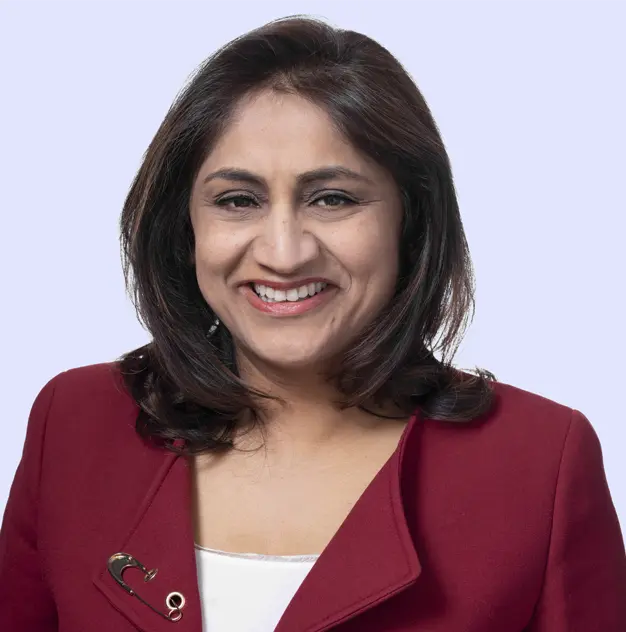
Janhavi Dadarkar
Janhavi has over 30 years of experience advising companies, directors, and entrepreneurs on corporate governance, company law, and intellectual property protection. She is a recognised expert in international commercial transactions and has worked with directors and organisations across sectors, including government and supranational bodies. Currently, she is the CEO of the Academy for Board Excellence and Programme Lead for IOD's Governance flagship programmes, with a passion for supporting business and philanthropic ventures as a non-executive and advisor.

Kieran Moynihan
Kieran is the Founder and Managing Partner of Board Excellence, with over 23 years of experience serving on boards as CEO, Executive Director, Non-Executive Director, and Board Chair. He works with boards across the UK, Ireland, and internationally. A recognised thought leader in board dynamics and governance, Kieran has pioneered approaches to optimise collaboration between Executive and Non-Executive members, helping boards excel for shareholders, employees, and stakeholders.

Marjorie Ngwenya
Marjorie is an independent non-executive director in the financial services sector and Chairperson of the Legal Resources Centre. She serves as an external member of the Prudential Regulation Committee of the Bank of England. A passionate leadership and life coach, she advocates for diversity, equity, and inclusion. As a Past President of the Institute and Faculty of Actuaries, she was its first person of colour and youngest president in 160 years.

Rachel Nyaradzo
Rachel is a leadership and transformation specialist, coach, and founder of Narachi Leadership, dedicated to empowering leaders towards courageous, authentic leadership. She has worked with top executives and emerging leaders from the UN, World Bank, McKinsey, and Yale. An Oxford and Cape Town graduate, Rachel is a Mandela Rhodes Scholar, Tutu Fellow, and was named one of the 100 Most Influential Young Africans in 2019. She believes Africa’s future depends on bold, authentic leadership.

Deborah Morten-Dare
Deborah is the current finance programme lead at the IoD, UK. She is widely credited with the ability to translate and communicate complex technical subjects and information simply and clearly with an emphasis on practical application – why do you need to understand this, and how will you apply it in your role? Deborah’s training experience over many years encompasses a diverse range of organisations, including corporate clients, financial institutions as well as public sector bodies and charities, both in the UK and internationally. Examples include the Bank of England, Linkedin, Microgen, Morgan Stanley, IBM, a number of Stock Exchanges and Westminster Council.

Otilia Phiri
Otilia Phiri has solidified her reputation as a leader in the African legal tech space. She is a legal professional with over 15 years of experience across the Middle East and Africa, specialising in the intersection of law and technology. As Principal Corporate Counsel at Microsoft, she leads commercial legal support for businesses in Africa, engaging with private and public sector organisations on technology regulations. Before Microsoft, Otilia held legal roles in the technology and infrastructure sectors, including Legal Advisor at Nakheel and Samsung Construction & Engineering, working on landmark projects like Palm Jumeirah and Burj Khalifa. She also served as Legal Counsel at Nokia during its acquisition by Microsoft.

Steve Cadigan
Steve Cadigan is a talent strategist and leadership advisor with over 30 years of experience in the tech industry, specialising in building winning teams in fast-paced environments. As LinkedIn’s first Chief HR Officer, he led the company through its hyper-growth phase and helped shape its culture. Steve is now a sought-after speaker and advisor, working with organisations worldwide on talent strategies, leadership, and the future of work. Prior to LinkedIn, he held senior HR roles at companies like Cisco, EMC, and Electronic Arts, guiding teams through significant periods of growth and transformation.
